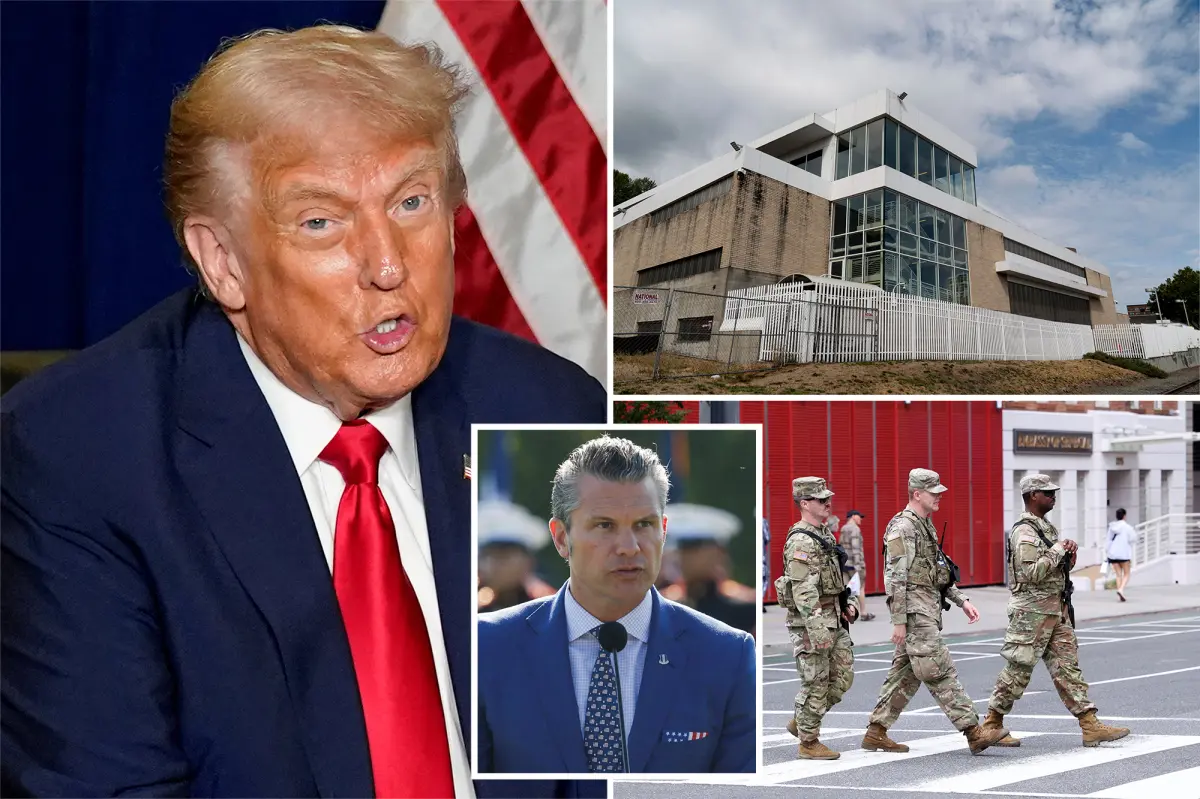
U.S. President Donald Trump has ordered the Department of Defense to deploy troops to Portland, Oregon, claiming the city is “war ravaged” and that Immigration and Customs Enforcement (ICE) facilities are “under siege” by Antifa and what he described as “other domestic terrorists.”
Trump made the announcement on Saturday, September 27, through a social media post. He stated:
“At the request of Secretary of Homeland Security, Kristi Noem, I am directing Secretary of War, Pete Hegseth, to provide all necessary Troops… I am also authorizing Full Force, if necessary.”
White House and DHS Response
The White House has not clarified what the President meant by “full force,” nor which military units would be deployed. However, a DHS spokesperson, Tricia McLaughlin, defended the move, citing what she called “weeks of violent riots at ICE facilities” and insisting the administration “will not allow Antifa domestic terrorists to deter us.”
Local Leaders Strongly Oppose Move
The decision sparked immediate backlash from Oregon state and local officials.
- Governor Tina Kotek wrote on social media: “There is no national security threat in Portland. Our communities are safe and calm.”
- Portland Mayor Keith Wilson also rejected the move, saying: “There is no need for troops. The President will not find lawlessness or violence here unless he plans to perpetrate it.”
- U.S. Senator Jeff Merkley condemned the decision, accusing Trump of “sending agents to create chaos and riots in Portland, to induce a reaction.”
Background of Tensions
The ICE facility in Portland, located two miles south of downtown, has been the center of protests throughout the summer. Most demonstrations, however, have been reported as peaceful.
Earlier this month, Trump officially designated Antifa as a “major terrorist organization,” setting the stage for stronger federal crackdowns.
The announcement also follows a fatal shooting at an ICE facility in Dallas earlier in September.
This move adds to a series of unprecedented federal deployments by the Trump administration in recent years, raising fresh debates about presidential overreach, state rights, and the use of military force on American soil.






